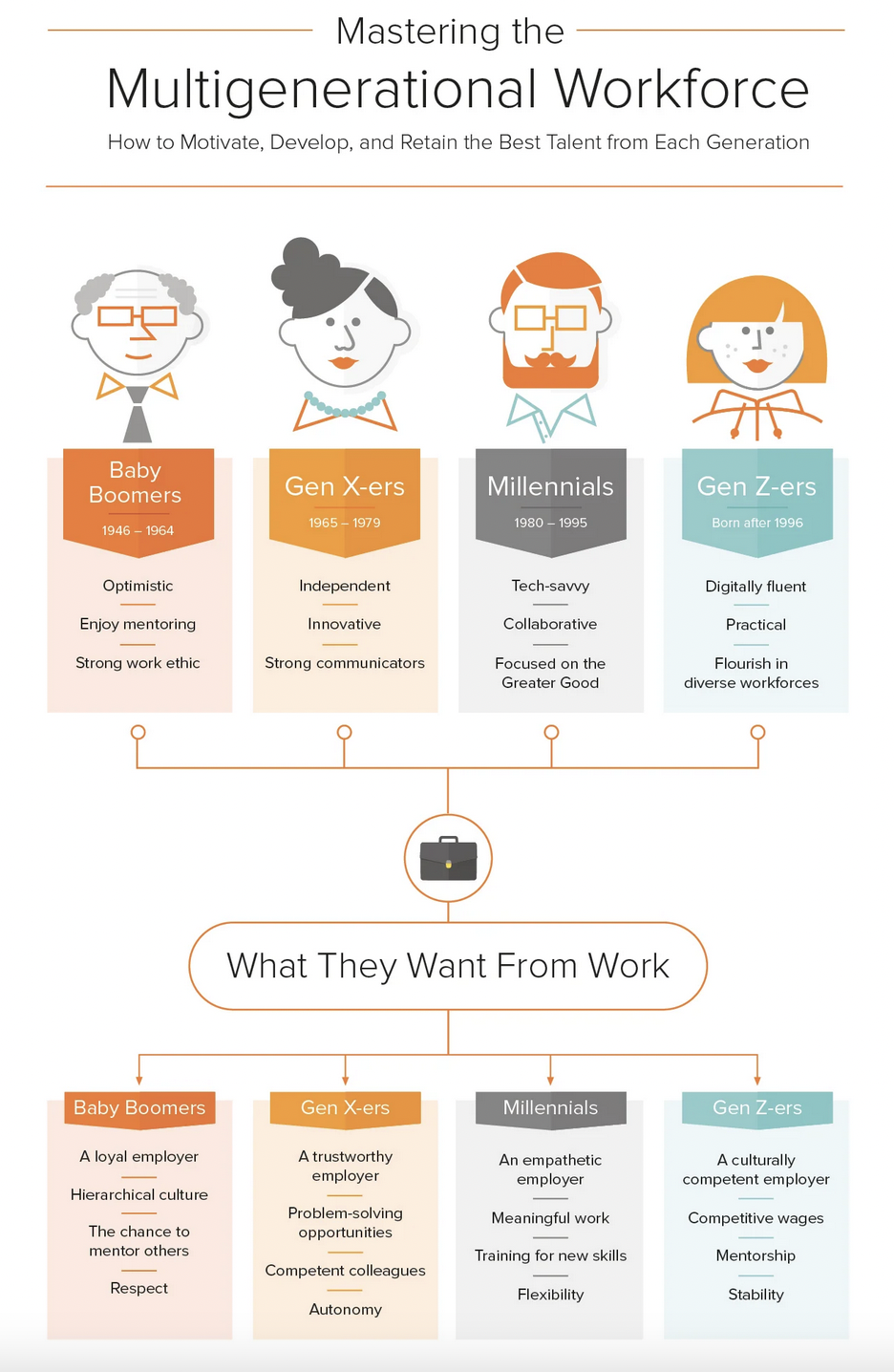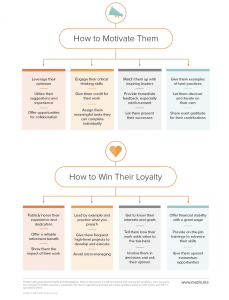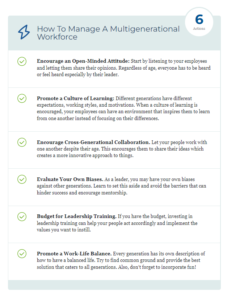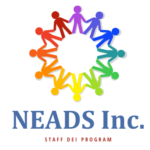In the Workplace
This article provides resources and information on racism in the dog training community, including a range of websites, articles, and podcasts.
Why talk about Race at NEADS? Racism can be present in any environment. Through this DEI presentation, we want to recognize how it may present in the “Dog World.”
As a responsible and socially conscious member of the office, it’s important to recognize the significance of Pride Month at work and take an active role in promoting a more accepting and inclusive environment for all employees, regardless of their sexual orientation or gender identity. Read on for 10 Unique Ideas for Celebrating Pride Month at Work.
An article from The Modern Manager: Have you ever tried to compliment someone but it landed wrong? Or maybe you were the intended recipient of a compliment that irked you instead of bolstered you? One potential explanation is microaggressions.
A podcast from Kim Meninger, The Imposter Syndrome Files – talking about the power of bringing professionals of all genders together so that we can better understand and support each other.
A podcast from The Modern Manager about microaggressions – harmful words and actions that stem from biases and stereotypes.

An original article that looks at the intersection of pronouns, marginalization, allyship, and privilege.
A podcast about Gen Z in the workplace.
An article about toxic workplaces. They aren’t just bad for morale—they’re a threat to human health…
a TED Talk about how we can help end ageism.
Read the article to learn about the challenges and opportunities of a multigenerational workforce.
Read this article for an explanation of the different generations and tips on how they all can work together.




This article highlights eight keys to keep in mind as you manage a multigenerational team.
A podcast that shares insights to help us better understand neurodiversity and how to better navigate it, as neurodiverse individuals, or as those who work with them.
This TED talk sheds light on a first in America’s history: four generations interacting in a workplace.
Assuming people with disabilities are at a disadvantage is counterproductive and toxic — here’s how to dismantle this workplace issue.
Ableism is one of the -isms that society doesn’t pay enough attention to. If you’ve never thought about ableism in the workplace, it’s time to do just that.
An invisible disability is a physical, mental, or neurological condition that can’t be seen from the outside. But it can impact someone’s movements, senses, or activities.
Stop using disability as a negative metaphor at work (and everywhere else).
If you see someone at work using a wheelchair, wearing a hearing aid, or using an assistive device, you likely are aware the person has a disability. But not all disabilities are obvious to the eye. These are known as invisible disabilities.
An invisible disability is a physical, mental, or neurological condition that can’t be seen from the outside.
Not everyone thinks the same way. Rather than aim for conformity of mind among their staff, business leaders should embrace more diverse approaches and thought processes. By offering unique perspectives and innovative solutions, neurodivergent employees can become key players at their companies.
Imagine this scene: You’re interviewing a potential candidate for a role as a developer with your company. The candidate seems to have the skills you need but also displays a few social eccentricities – perhaps he has a tick, or rocks back and forth in his seat, or won’t make eye contact.
For decades, potential hires like this have been rejected from the candidate pool. “Poor culture fit” has typically been the rationale.
LGBTQ+ inclusion in the workplace is fast becoming a priority for organizations of all sizes. This includes SMEs as well as big businesses, as LGBTQ+ inclusivity offers a distinct competitive advantage for all organizations.
Chances are, you’ve used at least one of these in casual conversation without knowing its problematic past.
By Dylan Lyons
June 10, 2020
It can be a jarring experience to learn a common word or phrase you’ve been using for years is actually kind of racist or sexist or homophobic. The harder you look, the more language you’ll find with problematic roots. While English certainly has its fair share of racist words and phrases, it also has a baffling number of synonyms and alternative ways of saying something. Fortunately, that makes it pretty easy to swap out the word or phrase you’ve been saying for a more innocuous one.
This list comprises a handful of historically racist words and phrases with sinister origins, but we found these to be some of the most commonly used, and in some cases most surprising, examples. For each entry, we’ve included alternative words or phrases you can swap them out with.
11 Common Racist Words And Phrases
1. Gypped/Jipped
Meaning: defrauded, swindled, cheated
Origin: “Gypped” (sometimes spelled “jipped”) comes from the word “Gypsy,” which is a derogatory name for the Romani people (also known as the Roma). The Roma originated in northern India and migrated around the world, particularly in Europe, over the course of the last 1,500 years. They’ve faced a lot of persecution and discrimination throughout history, including baseless accusations of theft and child abduction. A stereotype arose that the Roma were thieves, which led to the use of the term “gypped.”
What to say instead: ripped off, cheated
2. Off The Reservation
Meaning: to deviate from what is expected or customary
Origin: In the 1800s, the federal government forcibly removed Native Americans from their land and sent them to live in designated reservations. The phrase “off the reservation” was used in government correspondence to report on whether Native Americans were complying with orders to stay within their designated living areas. Over time, it came to be used to describe anyone acting outside of what is expected, particularly in political situations.
What to say instead: “went rogue”
3. Sold Down The River
Meaning: betrayed
Origin: As far as racist words and phrases go, this one is pretty obvious when you think about it. It’s a reference to slaves being literally sold down the river (the Mississippi or the Ohio rivers, specifically) from a slave-trading marketplace to another shore, where they would then be transported to a plantation.
What to say instead: betrayed, thrown under the bus
4. Peanut Gallery
Meaning: a group of people who criticize or heckle someone about insignificant things
Origin: In the 19th-century Vaudeville era, the peanut gallery was the cheapest section of seats (with the worst view). Peanuts were sold at these shows, and sometimes people seated in the cheaper seats would throw peanuts at unpopular performers. Often, the peanut gallery was largely occupied by Black theatergoers. If the term isn’t racist, it’s classist at the very least, suggesting those who sat in the cheapest section were ill-informed and gave unwarranted criticism. And Vaudeville itself certainly had some racist elements — it developed from minstrel shows and often featured caricatures of Black people portrayed by white actors in blackface.
What to say instead: hecklers
5. Spirit Animal
Meaning: an animal, person or object you identify strongly with
Origin: Using “spirit animal” to refer to something you love or identify with is a form of cultural appropriation that cheapens its true meaning. Some Native American tribes believe in “spirit animals” or “totems,” which are spirits that guide and protect them on a journey or in their life in general. Now, many people who are not Native American and usually know nothing about this spiritual tradition call various people, animals and objects their “spirit animals,” often as determined by an online quiz or a general interest.
What to say instead: Patronus (from Harry Potter), familiar (from European folklore)
6. Uppity
Meaning: arrogant, self-important
Origin: While technically its origin was pretty neutral — its first known usage was in the collection of Black American folktales (featuring the well-known Br’er Rabbit) Uncle Remus in 1880 — over the years, “uppity” has become a racist term. White Southerners used “uppity” throughout modern history to describe Black people who violated their expectations of deference, or who they viewed as “not knowing their place.” In these situations, “uppity” was usually followed by the n-word. Even recently, conservative critics have referred to President Obama and Michelle Obama as “uppity.”
What to say instead: arrogant, conceited
7. Hip Hip Hooray!
Meaning: a congratulatory cheer
Origin: The history of this term is a bit muddled, but it’s thought to have derived from the anti-Semitic chant “Hep hep!”. This was a rallying cry to attack Jewish people in and around the German Confederacy in 1819, during what came to be known as the “Hep-Hep riots.” At some point, “hep hep” became “hip hip,” and “hooray” was added to the end.
What to say instead: “Hooray!” (only the “hip hip” part is problematic), “Yay!”
8. Eenie Meenie Miney Mo
Meaning: children’s rhyme, often used to make a “random” selection
Origin: While its earliest origins are unclear, this rhyme was well-known in the days of slavery in the United States. You’re probably familiar with the version that goes, “Eenie meenie miney mo / Catch a tiger by the toe,” but in a previous version of the song, the n-word was used instead of “tiger.” It’s thought that this was sung to describe what slave owners would do if they caught a runaway.
What to say instead: Flip a coin. Ask a friend. Just make a decision without singing.
9. Long Time, No See
Meaning: I haven’t seen you in a while
Origin: There are two credible theories about where this phrase originated, and both could very well be true. One is that members of the British and American Navies picked up the phrase in their encounters with Chinese people, speaking pidgin English. The other theory says “long time, no see” came from Native Americans speaking English, as chronicled in some old Western novels. Either way, the phrase can be seen as mimicking non-native English speakers’ attempts to speak English. The same goes for another common racist phrase: “No can do.”
What to say instead: “It’s been a while,” “I haven’t seen you in ages!”
10. Grandfathered In
Meaning: when people or companies are allowed to continue following an existing set of rules, even after new rules are put in place
Origin: Even after the 15th Amendment was passed in 1870, giving Black American men the right to vote, a number of states instituted poll taxes and literacy tests to make voting more difficult for Black people. This was a way around an outright ban on Black voting, which had become illegal. But several states passed a law, known as “the grandfather clause,” saying that if you could vote before the 15th Amendment was passed or were the lineal descendant of a voter, you didn’t have to take the tests or pay the poll tax. In other words, if you were white, you were “grandfathered in” to being allowed to vote.
What to say instead: exempted, excused, legacied in
11. Moron
Meaning: a stupid person
Origin: This word was originally coined by eugenicist and psychologist Henry H. Goddard, who used it to describe people he categorized as having low intelligence and behavioral deviance. Eugenics had to do with creating humans with “desirable” characteristics through breeding and preventing those with “undesirable” traits from reproducing. Goddard made it his mission to ensure “feeble-minded morons” did not immigrate to the United States, sending his staff to assess the “intelligence” of people coming into Ellis Island in the early 20th century. About 40 percent of Hungarian, Italian and Jewish immigrants were classified as “morons” and deported in 1913.
What to say instead: fool, doofus, nitwit
